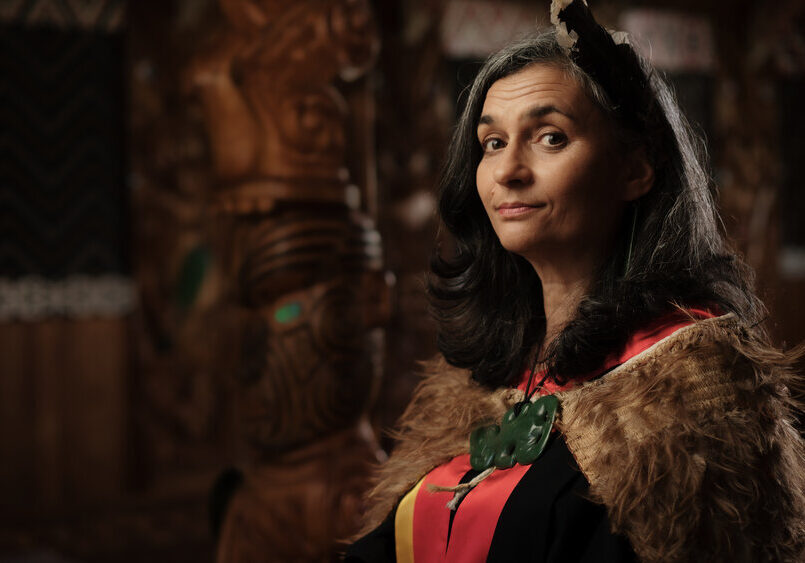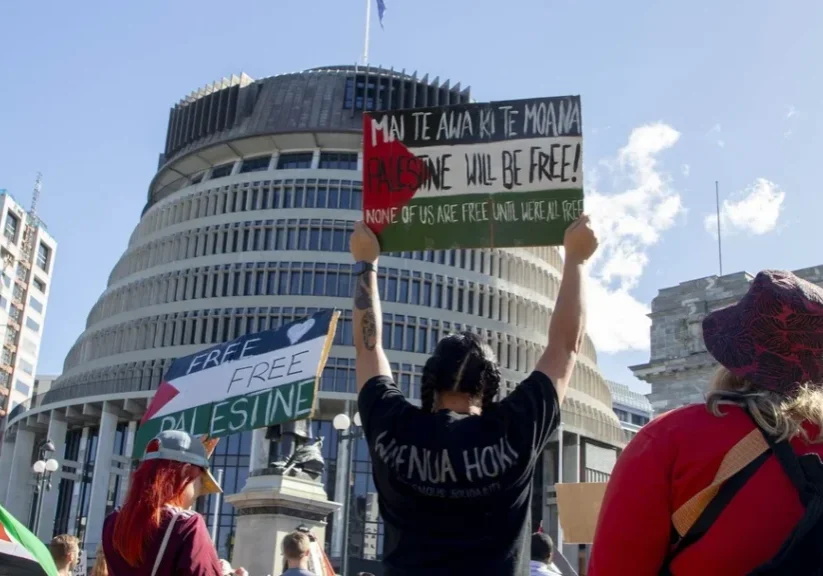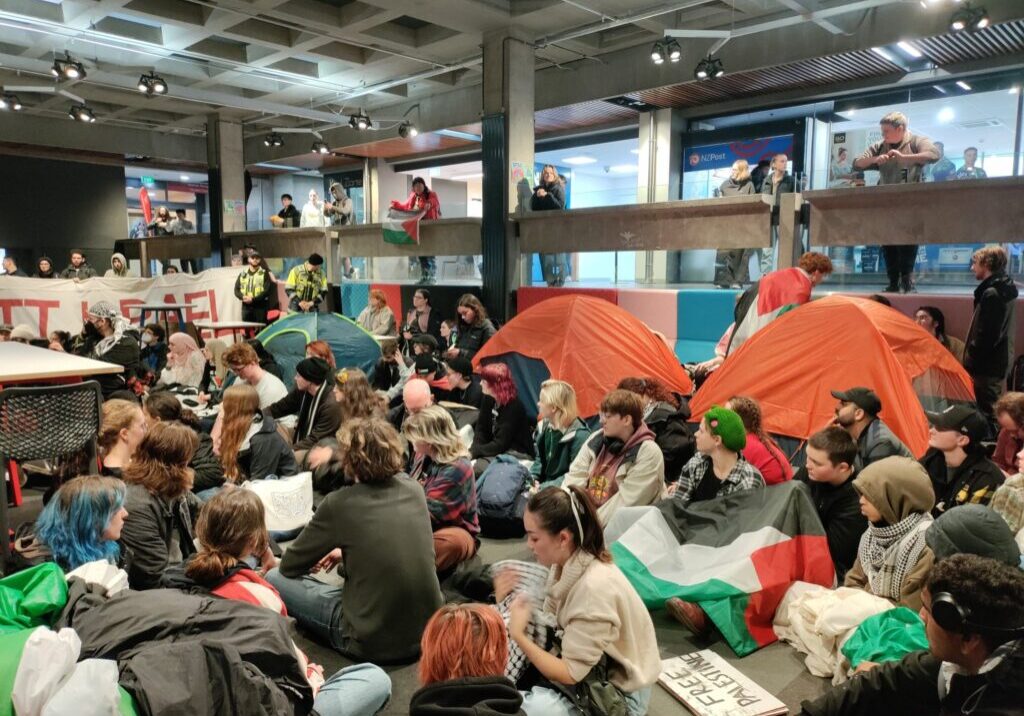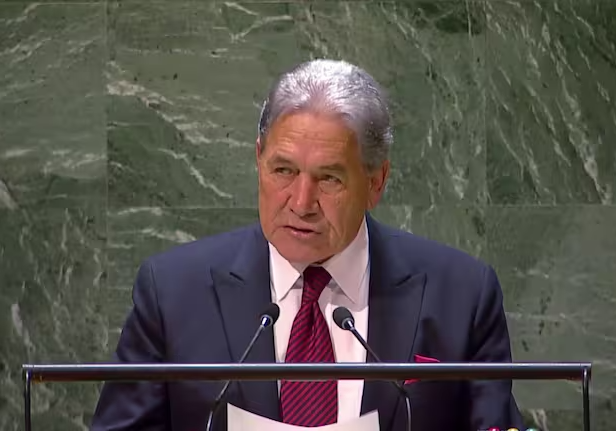Australia/Israel Review
AIR New Zealand: Peculiar election leads to stunning victory
Sep 24, 2014 | Miriam Bell
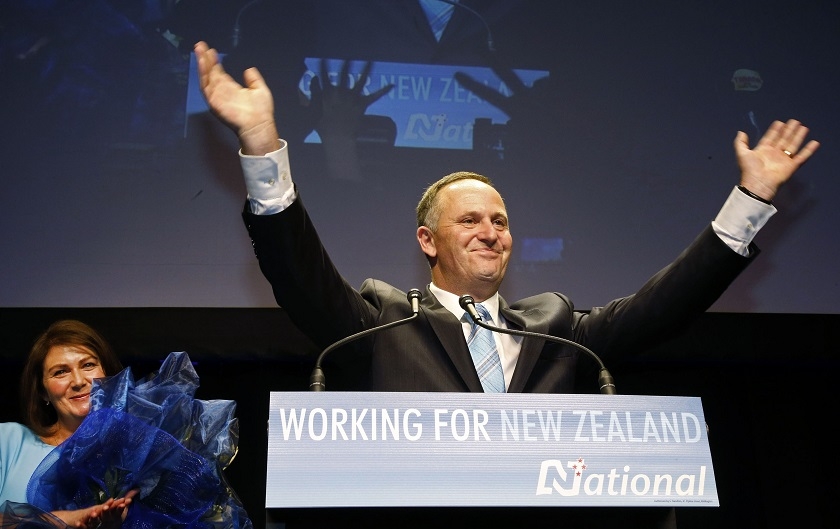
Miriam Bell
Impassioned speeches, heated debates, jovial neighbourhood walkabouts, the peddling of grand dreams for the future… National elections tend to be rousing times, full of hope and opportunity.
They also tend to focus the attention of the community on broader social issues, along with the challenges facing the economy and the country. The resulting dialogue – which is often the only time many issues are publicly debated – is a useful and important part of New Zealand’s democratic system.
In this year’s New Zealand election, that dialogue barely took place. In fact, it would be a struggle to find a campaign in the country’s history where less attention was paid to the issues facing the nation.
One can’t help wondering whether this state of affairs contributed to a surprise election result which saw an ostensibly somewhat battered and tarnished National Party returned to power with an increased percentage of the vote that will allow it to govern in its own right. Because, when it came down to polling day, it seems highly likely that many voters struggled to remember much about what each party professes to stand for – and simply opted for the familiar.
Of course, satisfaction with the economic health of the country under PM John Key also clearly played a role.
The situation arose because New Zealand’s 2014 election was, essentially, hijacked by a rotund and wealthy German entrepreneur. The antics and allegations of Kim Dotcom, and the party on his payroll, the Internet Mana party, dominated media coverage of the campaign and overshadowed almost all other players in the political arena.
Then, during one of Kim Dotcom’s only “downtime” periods, freelance journalist Nicky Hager released his book, Dirty Politics. The book, which made some serious allegations about certain figures connected to the National party, led to the resignation of a senior minister, Judith Collins.
Surprisingly, it didn’t seem to have much impact on National party polling. But it did ensure little attention was paid to actual policies, or anybody attempting to talk about them, until the Minister’s head finally rolled.
In the final pre-election leaders’ debate, Prime Minister John Key and opposition leader David Cunliffe even shared a moment of unity as they voiced their “disappointment” at the derailing effect certain personalities had had on the campaign.
Interestingly, public curiosity about the Kim Dotcom political roadshow does not seem to have translated into electoral success. At one point during the campaign, Internet Mana was polling 3.5% which, assuming leader Hone Harawira retained his electorate seat, would have translated into four MPs in parliament under New Zealand’s complicated mixed voting system. As noted in this column previously, one of those MPs would have been veteran anti-Israel activist John Minto.
However, in the end, Internet Mana received just 1.26% of the vote and Harawira lost his seat, meaning the party will have no representation in the new parliament.
The campaign also generated some particularly unsavoury behaviour.
Defacing party hoardings and candidate billboards is nothing new, but this election saw significantly more of this. And, most disturbingly, some of John Key’s billboards were defaced with antisemitic slurs and imagery.
Key, who acknowledges an ancestral Jewish background but was not raised as Jewish, said he found it disappointing for New Zealand’s Jewish community. “They are hard-working, decent people and they don’t deserve to be brought into some sort of personal campaign that’s directed at me.”
New Zealand Jewish Council president Stephen Goodman saw it as another example of the rise in antisemitic activity and discourse in New Zealand. And, coming as it did, just days after a Labour candidate described Key as “Shonky Jonkey Shylock” on Facebook (the post was swiftly condemned by Labor leader David Cunliffe and deleted), it is hard to disagree with him.
It was not the only time in the campaign that a member of the Jewish community spoke up about issues concerning them. In the week before election day, David Zwartz, speaking on behalf of the NZ Jewish Council, released a statement deploring political interference in the country’s superannuation fund.
The release was in response to a number of political figures, including a cabinet minister, Peter Dunne, signing a pledge to get New Zealand to stop investing superannuation funds in Israeli companies. Zwartz said the pledge was instigated by the BDS movement.
“As New Zealand Jews we are concerned that those making pledges are lending their names to the delegitimisation of Israel,” he added.
In the midst of all this, foreign minister Murray McCully expressed his concern about West Bank “land appropriation” issues and Israel controversially rejected the credentials of New Zealand’s new ambassador Jonathan Curr because of a policy against the same individual being accredited to both Israel and the Palestinian Authority.
So, an election that was in itself strangely devoid of true political dialogue and debate managed to generate discussion about increasing antisemitism in New Zealand. Yet, in an ironic twist, the outcome of the election saw John Minto out and John Key not only back in, but able to govern without coalition partners – New Zealand’s first majority government since 1996.
Tags: Australasia, New Zealand

